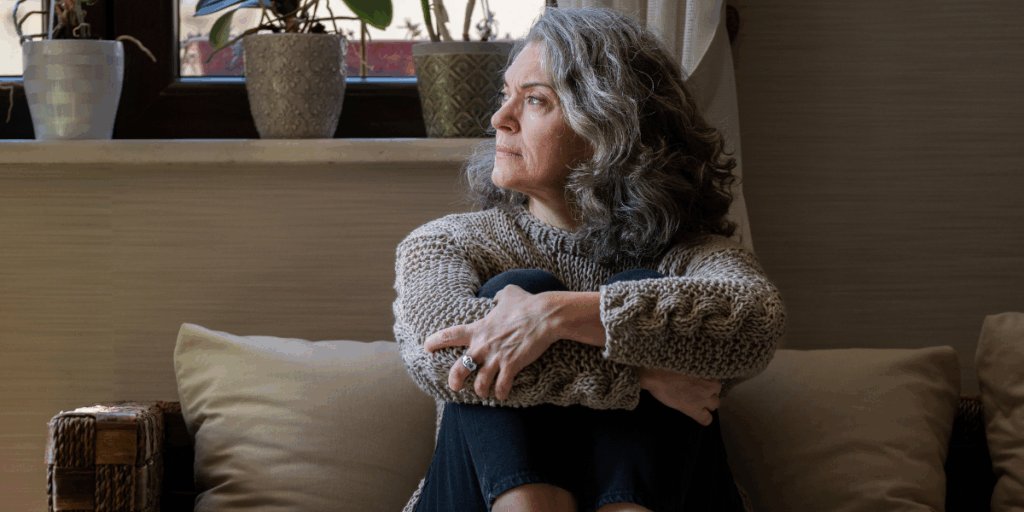Why Your Attitude Affects Others (and Your Health!)
When you’re with a group of people (friends, kids, colleagues…) who are encountering something legitimately frustrating and starting to grouse about it, what is your natural reaction? Do you go, “heck yeah!” and chime in with your own story? Or are you deeply sorrowful to see people so focused on negative things?
Most of us want to be in the group that shakes their heads sadly at those who complain . . . but privately admit we often act more like the griping middle-schoolers.
As we try to teach our kids—and ourselves!—why a good attitude is so important, take a look at this amazing information. I recently stumbled across a study that proves that our attitude is so overwhelmingly important, it doesn’t just impact our mental health but our physical health as well. Not to mention what we already know: that our attitude also impacts everyone around us.
Emotional and mental outlooks lead to physical outcomes!
When I was trying to decide whether to undergo radiation treatments, I was rather obsessively focused on finding out whether radiation would cause frustrating or potentially debilitating side-effects like fatigue. (Short answer now that I’ve been through it: yes.)
Because I really, really wanted to predict how bad it might be, I couldn’t help myself: I put on my research-nerd hat, read lots of articles, and tried to understand some of the results of the complex studies done by research scientists over the years.
What I found was astonishing: whether someone has potentially debilitating physical side-effects of radiation is due more to their emotional attitude than almost any other factor!
In one key 2018 study in the journal Health Psychology, the researchers tried to understand why radiation fatigue affects some people so differently than others. Why, for example, does debilitating physical fatigue sometimes last for only a few weeks after treatment, where in other cases it persists for many months? The researchers looked at every conceivable factor: whether the patient had chemo as well as radiation, other pre-existing conditions, age, family history, and so on. Only two factors were statistically significant over time: obesity (which impacts estrogen levels in the body) and the person’s attitude!
The researchers found that if the patient “catastrophized” about their fatigue (Oh my gosh, this is horrible, I’m so tired) it lasted far longer! They were much more likely to have their fatigue for months or even years. On the other hand, if they had the attitude of Yeah, this is a pain in the neck but I’ll get through it and move on, they were much less likely to have the fatigue at all after a few weeks!
Their emotional and mental outlook led to a purely physical outcome. I thought that was fascinating! And can I tell you just how much seeing that study convicted me about my hyper-focus and worry about whether I would have debilitating fatigue or not?! As soon as I read that study, I took off my research-nerd hat, shut off my computer, and said, “I think I have enough information about the possibilities now . . . and yeah, there might be some fatigue (which there has been) but I’ll get through it fine (which I am!).”
Your attitude is an example to others.
A final important note: If our attitude is so important as to impact not only our mental health but our physical condition, then it is even more important that we be good role models to the world and not bad ones.
As I shared this research with colleagues and friends, I heard multiple stories about people in their lives who had vividly demonstrated the power of a beautiful attitude: this colleague’s mother had faced devastating terminal cancer with such grace and faith; this friend’s brother had endured chronic physical pain without wallowing in self-pity (which, my friend assured me, would probably have been justified!). Seeing the attitude of their loved ones had a long-term impact on the people telling me the stories, including on their own desire to function with a sense of meaning, purpose, and joy.
I mentioned in an earlier blog just how supportive the cancer community is, and how striking is the sense of peace and even joy at the cancer center where I receive my own care. In thinking about all this, I realized that this mutually reinforcing positive attitude is one of the key factors responsible for that sense of support. Because a poor attitude is so out of place, it probably won’t last very long.
Like everyone else, I have in the past encountered members of the medical profession who are caring, I’m sure, but who are busy and quite short with their patients. One day at the cancer center, I was quite jarred—even shaken –by the dismissive words and actions of one particular nurse. It took me almost the whole drive home to realize the issue: because she was not particularly supportive in her words or tone, she stuck out like a sore thumb in an environment where everyone is kind to each other!
Again: what was the difference? Attitude.
To such a large degree, being uplifted or downtrodden is up to us.
As we fix our minds on what is good, what is lovely, what is praiseworthy (Philippians 4:8), and as we orient our spirits toward the true source of joy, our bodies respond. Isn’t that a bit like a miracle?
And for all of us—whether we’re fighting an illness, a challenging relationship situation, or shaky finances—our attitude has power. It affects ourselves and everyone around us.
So, what are you focusing on today? Where is your mental energy going? What words are you speaking to yourself? As we may have said to our kids a time or two—check your attitude! Re-orient your mind and your spirit. Count your blessings. Then let that attitude spill over to everyone around you.

If you are interested in having Shaunti bring research-based strategies, practical wisdom and biblical principles to your next event, please contact Nicole Owens at [email protected].
On our podcast, I Wish You Could Hear This, Jeff and I offer proven steps to help you thrive in your life, faith and relationships. In other words, we’ll offer the practical help you’ve grown accustomed to right here in this blog space. You’ll take away specific steps that help you today. Listen, follow, and share with your friends on YouTube, Apple Podcasts, Spotify and other platforms.
Please note: This post may contain affiliate links. As an Amazon Associate we earn a small amount from qualifying purchases through these affiliate links. This doesn’t cost you anything, and helps us continue bringing you great content!







